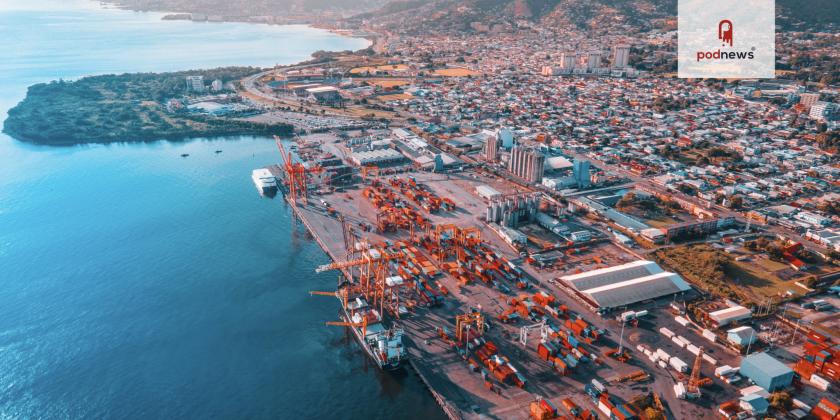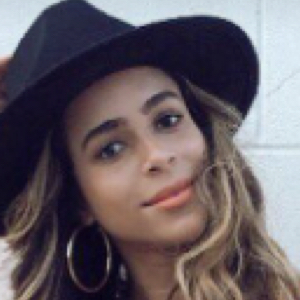
How podcasts are helping Caribbean people during the pandemic

This article is at least a year old
The “Podcast Boom” has revived Caribbean storytelling in a time of uncertainty.
Podcasts are at the helm of audio’s resurgence. Caribbean people from all demographics are tuning in with growing numbers to be a part of the podcast community. As a Trinidadian, born and raised, I’ve seen it change the Caribbean diaspora in means that were untapped prior to the pandemic. With a culture so rich with music, food, dance, and life, it’s incredible to see how inherently personal podcasting has allowed Caribbean people to spread our story during a time of uncertainty and loss.
In this digital era, which is often filled with the complexity and intricacies of social media, I’ve noticed a sense of comfort and connection with the simplicity of podcasts. Comfort is an important and crucial desire, considering the devastation of the past year due to the pandemic.
For the Caribbean, one of the most shattering social and economic losses was the cancellation of Carnival. Carnival is a time where we come together as a people to celebrate our music, dance, food, and culture. Yet, in today’s physically-interactive starved world, due to the pandemic, the podcast community emerged as a transformative platform in filling that loss with voice-driven experiences for islanders.
I witnessed this first-hand with the launch of my podcast Visionaries. At the time in late 2020, I noticed that there was a lack of media coverage in the Caribbean that focused on conversations on resilience, hope, and personal development. So, I came up with an actionable solution that not only highlighted our diverse accomplishments as a people, but also tied in global personas and our common ground of success and resilience that people were missing out on. There’s no doubt that consumers began leaning in to the storytelling power of Visionaries, but the real key is its influence on mobilizing communities and creating social impact with voice-driven experiences.
Instead of choosing to perpetuate conversations that reiterated the COVID-19’s detrimental economic loss to the Caribbean, I fostered conversations with icons, like singer Nailah Blackman and world-renowned cricketer Dwayne Bravo that explored the unique opportunities that arose from our “new normal.” Once again driving into the theme of resiliency.
In sum, the interconnectedness of the Caribbean islands has been highlighted through the emergence of podcasts as a ubiquitous presence in our lived experiences. It has allowed an underrepresented culture to explore the various identities of our history, identity and the complexity of what we offer on a global stage.
Now, when people think of the Caribbean, I hope they are no longer envisioning the clichés of “beach bums” and relaxed lifestyles: instead, they’re tapping into real narratives of entrepreneurship, personal and financial development, and most importantly an authentic cultural experience. I believe this is a year of opportunity to continue to supplement and amplify our voices as a resilient and diverse force.





























































































